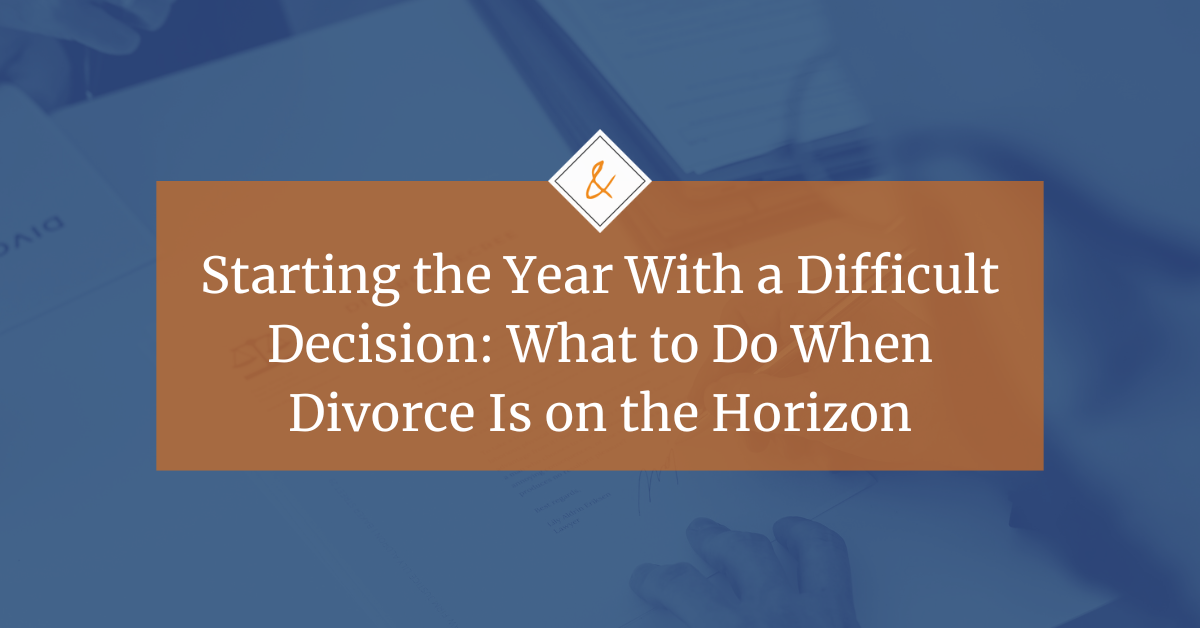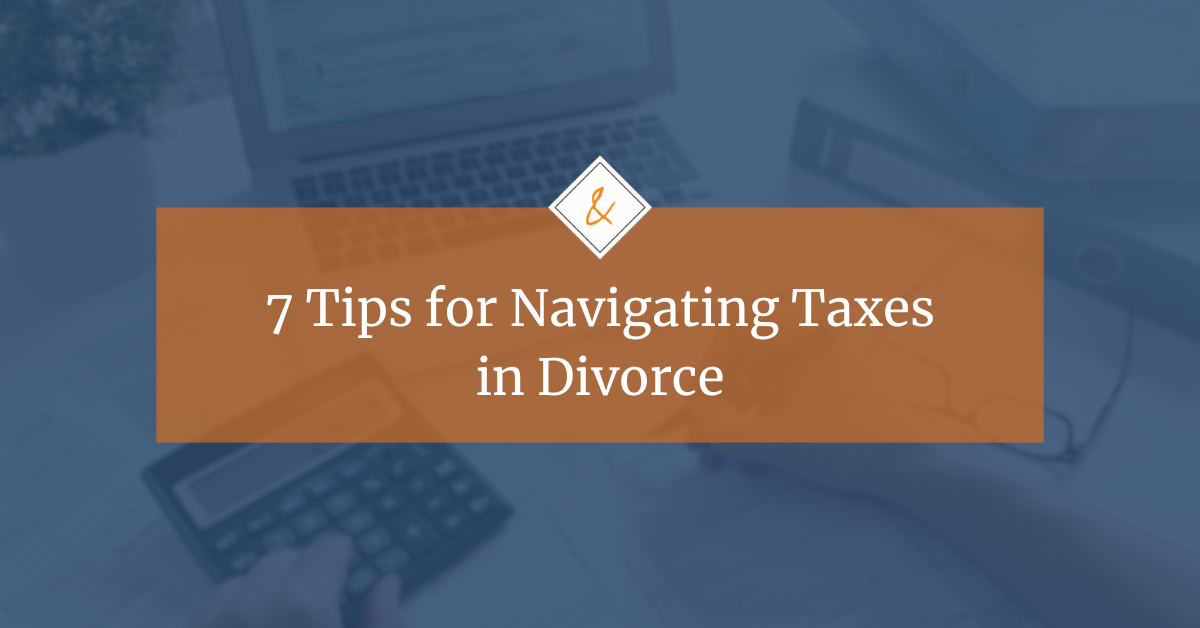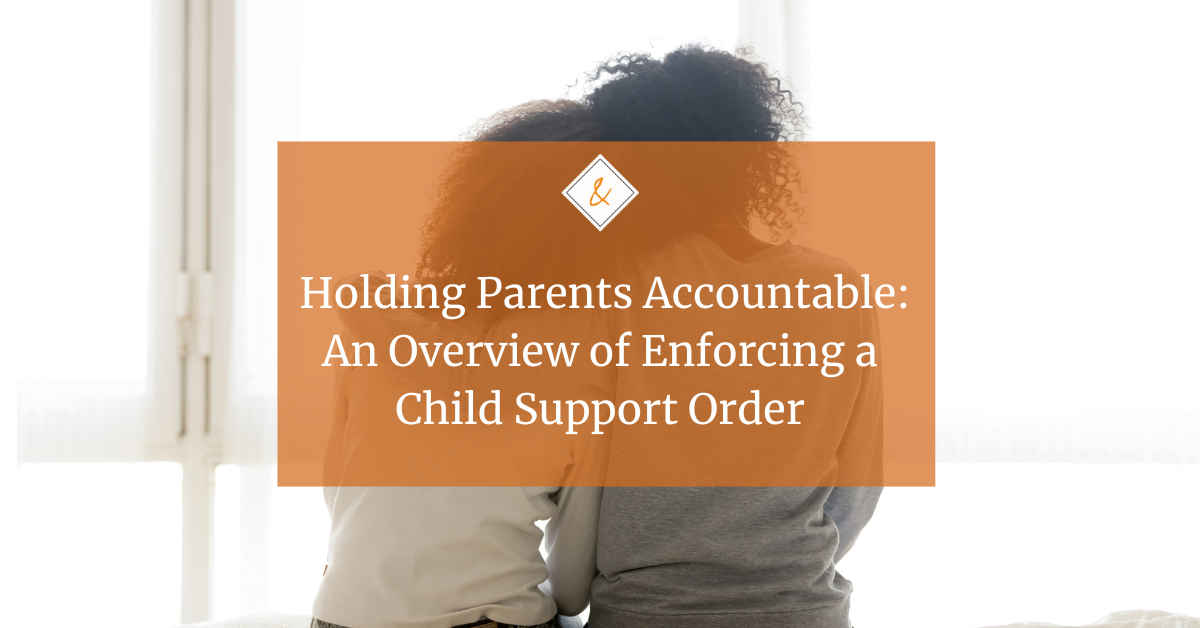Depending on the circumstance, it can sometimes take months just to get a child support order in place. Even when the order has been finalized, what happens when the other parent refuses to pay? If a parent is wage attached for income withholding (i.e. child support is directly coming out of the other parent’s paycheck and paid to you), then the domestic relations section may initiate a contempt and enforcement conference on your behalf. If they are not wage attached for income withholding, then it may require you to file a petition for contempt and enforcement. However, once a contempt and enforcement proceeding is initiated, it can sometimes be unclear as to what the next steps are and what you can do to get the child support they are seeking.
An Enforcement Conference: Once the process is initiated, both parents will be scheduled to appear before a conference officer of the court in an effort to resolve the matter without a formal hearing. At the conference, this is your opportunity to detail what child support payments were missed and how much is owed. If the other parent is wage attached, the domestic relations section should have this information handy as the wage attachment for income withholding is reported through the state.
The conference officer will then inquire if the other is willing to voluntarily pay what is owed or if there is some kind of reasonable justification for nonpayment. Ultimately, if the conference officer determines that there has been willful nonpayment and there is a present ability to comply, the conference officer will recommend an amount to be paid by a certain date. If the payment is not made by that certain date, the parties will either be directed to return for another enforcement conference or be listed for a hearing before a judge.
Parents should be mindful that the conference officer can also direct the seizure of assets such as bank accounts, the interception of tax refunds, and/or liens against real property owned by the other parent.
The Follow up Enforcement Conference: Typically, parents who have failed to pay their child support will be given at least one more opportunity at an enforcement conference to reach an agreement to pay the owed child support. This is especially true if this is the first time a parent has failed to pay or if the missed payments are not as extensive.
However, at the follow up enforcement conference, if there still is no agreement and the conference officer finds again the other parent has willfully failed to comply with their prior recommendation, the conference officer will prepare a summary report and direct the other parent to pay by a certain date or appear before a judge.
For parents seeking the back owed child support, they should make clear that they want to be heard before a judge to have the child support order enforced.
The Record Hearing: If the other parent still has not paid the child support pursuant to the prior orders from the conference officer, then both parents will be directed to appear before a judge for a record hearing.
At the record hearing, the other parent will once more have the opportunity to explain the reason for nonpayment and the Judge will make a determination if there has been willful contempt for nonpayment and if there is a present ability to pay. As the parent who is attempting to receive the back owed child support, while you are not required to testify, it does often help to explain what kind of expenses for the child you are incurring, what income information you are aware of for the other parent, and whether the other parent is paying for certain personal expenses.
In addition, at the record hearing, the court has the opportunity to impose additional sanctions on the non-paying parent, which can include incarceration. The court may only impose a period of incarceration for up to six months and must present a purge condition for the parent to satisfy in order to release themselves from incarceration. The purge condition may include a payment to the back owed child support, counsel fees, or other conditions the court finds appropriate. Ultimately, it is up to the parent seeking the back owed child support if they want to pursue incarceration as a remedy.
It can sometimes feel overwhelming to go through the process, multiple times, but it helps to know there is a light at the end of the tunnel. If you ever find yourself looking to hold the other parent accountable for their back owed child support, just remember there is a process to it and to work with the domestic relation section to make sure the support order is enforced.



